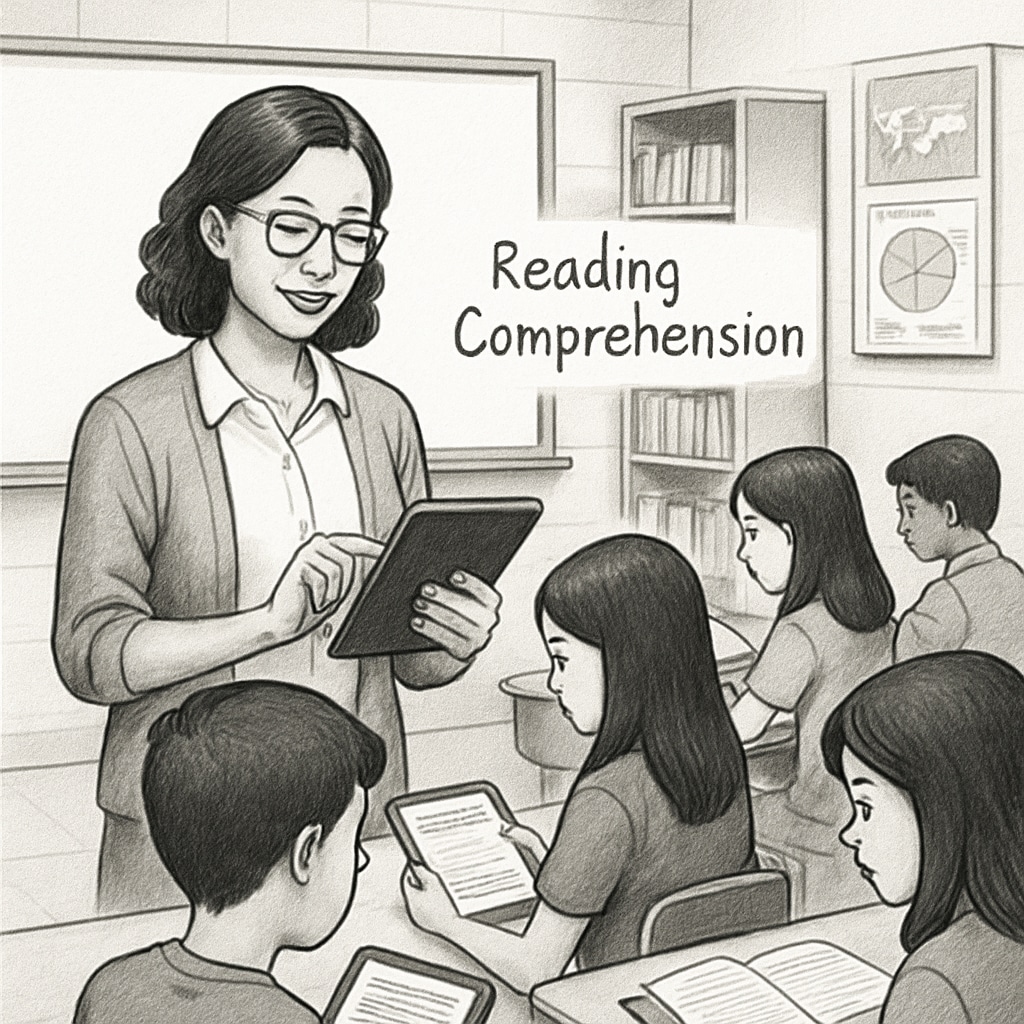For many educators and parents, the combination of reading comprehension tests, A.R. points (Accelerated Reader), and fostering reading interest in students has long been a focus of learning programs. While the A.R. system offers structured assessments, its cost can be prohibitive for families and schools with limited budgets. Fortunately, there are free alternatives that not only evaluate comprehension effectively but also help nurture a lifelong love for reading. This article explores these options and provides actionable tips for their implementation.
Why Look Beyond A.R. Points?
The Accelerated Reader program has been widely embraced due to its ability to quantify reading progress through quizzes and point systems. However, its reliance on paid subscriptions and limited flexibility can pose challenges. Schools with constrained budgets often find it difficult to sustain the program, leaving educators searching for affordable or free alternatives. Moreover, A.R.’s point-based system may inadvertently shift students’ focus from enjoying stories to merely accumulating scores.
By transitioning to free reading comprehension tools, educators can emphasize creativity, critical thinking, and genuine engagement with texts. These alternatives help ensure that students not only meet academic benchmarks but also develop a passion for reading beyond the classroom.

Top Free Reading Comprehension Test Alternatives
Several platforms and resources offer free options to replace or supplement A.R. Here are some of the most effective tools:
- CommonLit: This platform provides a wide range of free reading passages across various grade levels. Each passage comes with comprehension questions that assess both literal and inferential understanding. Teachers can track progress and assign texts suited to individual student needs. Visit CommonLit for more details.
- ReadWorks: With a robust library of texts, ReadWorks offers comprehension questions, vocabulary tools, and teacher guides. The platform is designed to enhance reading instruction through evidence-based strategies. Explore its resources at ReadWorks.
- Newsela: This resource features current event articles tailored to various reading levels. While premium options exist, the free version includes comprehension quizzes and writing prompts, making it an excellent tool for fostering critical thinking.
- Freckle: Freckle offers free reading exercises designed to adapt to student proficiency levels. Its engaging content ensures that students remain motivated while improving their comprehension skills.
These platforms not only provide cost-effective solutions but also support diverse learning styles, ensuring that every student benefits from tailored reading experiences.

How to Foster Reading Interest Alongside Comprehension
Free tools are just one part of the equation. To truly inspire a love of reading, educators and parents must adopt strategies that make reading enjoyable and meaningful. Here are some practical tips:
- Offer Choice: Allow students to select books that align with their interests. Giving them autonomy in their reading journey can boost engagement and motivation.
- Connect Stories to Real Life: Encourage discussions that link the themes of a book to students’ experiences or current events. This fosters deeper connections and critical thinking.
- Celebrate Progress: Recognize students’ achievements, whether it’s completing a challenging book or improving comprehension scores. Celebrations can include small rewards, certificates, or classroom displays.
- Model Reading Behavior: When adults demonstrate enthusiasm for reading, children are more likely to follow suit. Share your favorite books or read aloud to spark curiosity.
By creating a positive reading environment, students are more likely to view reading as a rewarding activity rather than a chore.
Conclusion: Building Lifelong Readers
Free reading comprehension test alternatives offer an excellent way to evaluate students’ skills while promoting a love for reading. Platforms like CommonLit and ReadWorks provide cost-effective tools that align with educational goals, while strategies like offering choice and celebrating progress ensure that students remain engaged. Moving beyond A.R. points allows educators and parents to focus on what truly matters: nurturing critical thinkers and lifelong readers.
Whether you’re a teacher, parent, or administrator, these resources and strategies can help you create an enriching and budget-friendly reading program. By leveraging free tools and fostering a culture of curiosity, you can inspire young learners to explore the world through books.
Readability guidance: Use short paragraphs and lists to summarize key points. Ensure smooth transitions with words such as “however,” “therefore,” and “for example.” Avoid long sentences and maintain an engaging tone.


